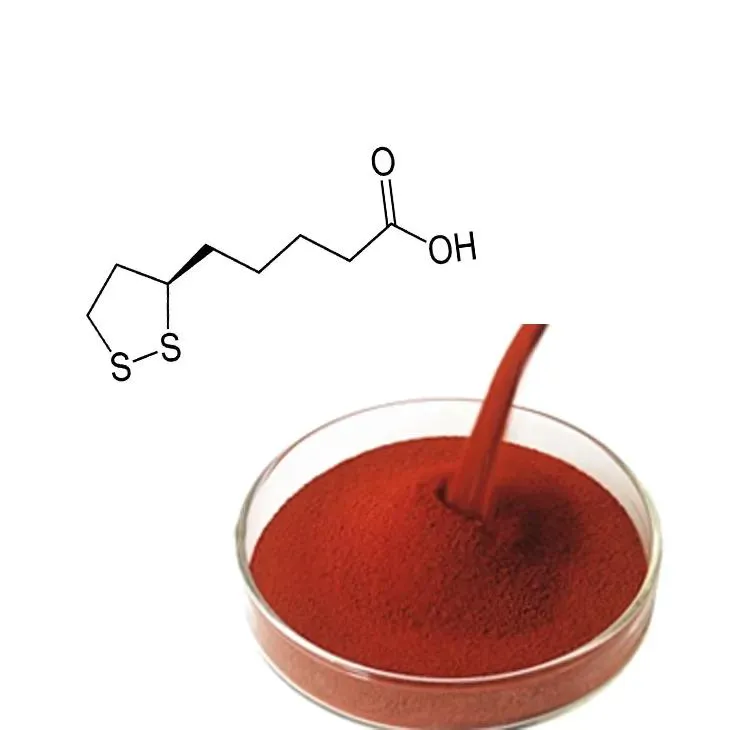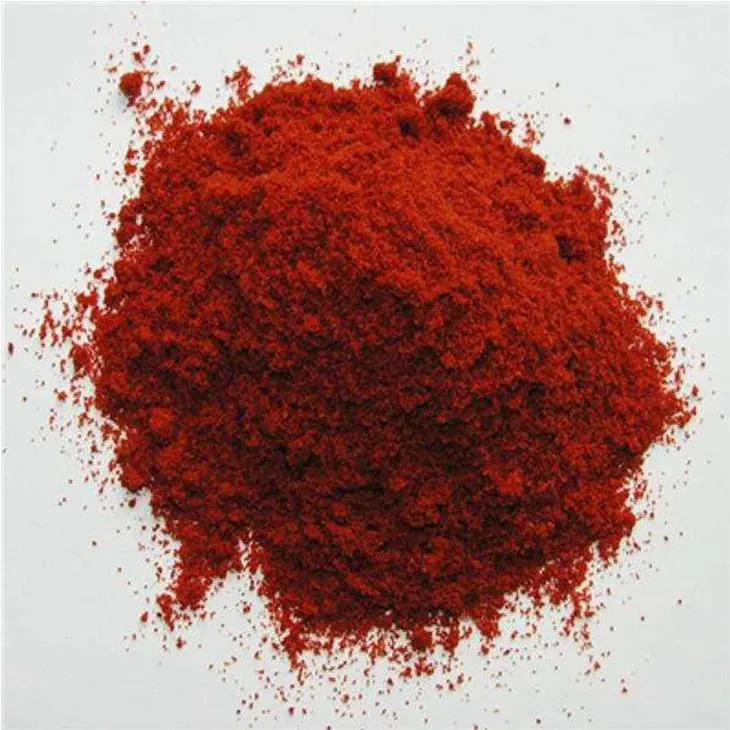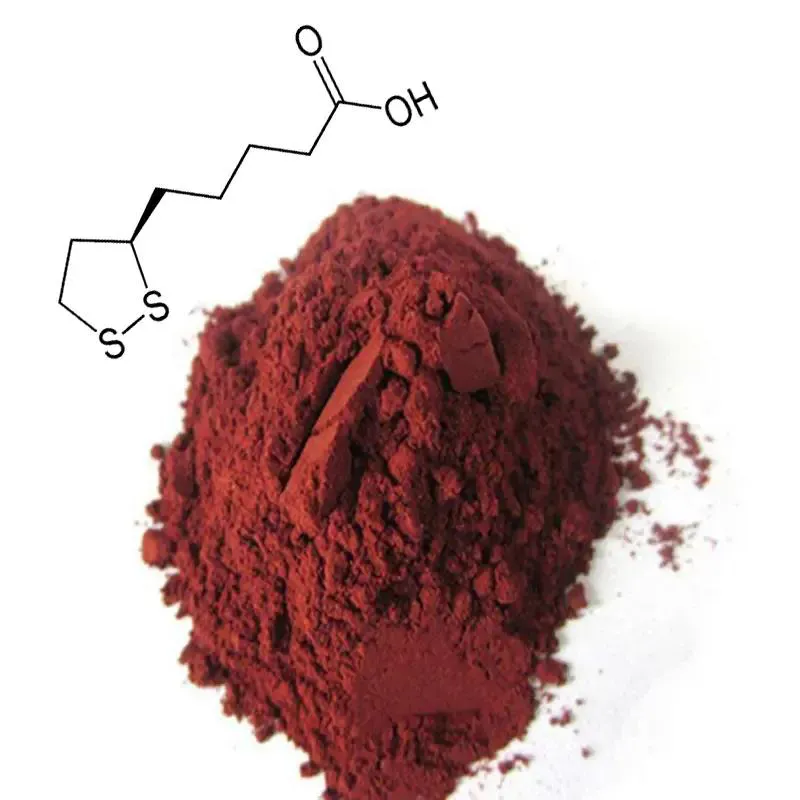- 0086-571-85302990
- sales@greenskybio.com
The best organic astaxanthin.
2024-12-02

1. Introduction to Organic Astaxanthin
Organic Astaxanthin has emerged as a highly sought - after supplement in recent years due to its numerous and impressive health benefits. It is a natural pigment that belongs to the carotenoid family, which also includes well - known compounds like beta - carotene. However, Astaxanthin stands out among its carotenoid relatives for its unique properties and powerful effects on the human body.

2. Source of Organic Astaxanthin
The primary source of high - quality organic astaxanthin is the microalgae Haematococcus pluvialis. This microalgae has the remarkable ability to produce large amounts of astaxanthin under certain environmental conditions, such as high light intensity and nutrient stress. The production process of organic astaxanthin from Haematococcus pluvialis is carefully controlled to ensure purity and potency.
Other potential sources of astaxanthin include some crustaceans, such as salmon and shrimp, which obtain astaxanthin through their diet. However, for supplement production, the microalgae source is preferred as it can be more easily cultivated and controlled to meet organic standards.

3. Antioxidant Properties
3.1. Superior Antioxidant Activity
One of the most significant features of organic astaxanthin is its extremely powerful antioxidant activity. It has been shown to be far more effective at combating oxidative stress than many other common antioxidants. Oxidative stress occurs when there is an imbalance between the production of reactive oxygen species (ROS) and the body's ability to neutralize them. ROS can cause damage to cells, proteins, and DNA, which is associated with a wide range of health problems, including aging, chronic diseases, and reduced immune function.
Studies have demonstrated that astaxanthin can scavenge ROS at a much higher rate compared to antioxidants like vitamin C, vitamin E, and beta - carotene. For example, in in - vitro experiments, astaxanthin was able to neutralize free radicals more efficiently, protecting cell membranes and other cellular components from oxidative damage.
3.2. Cellular Protection
By neutralizing ROS, organic astaxanthin plays a crucial role in protecting cells throughout the body. It can penetrate cell membranes easily due to its unique chemical structure, which allows it to be located in both the hydrophilic (water - loving) and hydrophobic (water - fearing) regions of the membrane. This enables astaxanthin to protect cells from the inside out, safeguarding vital cellular functions.
In the case of neurons, for instance, astaxanthin can protect against oxidative damage caused by factors such as environmental toxins and excessive stress. In the cardiovascular system, it helps protect the endothelial cells that line the blood vessels, reducing the risk of heart disease and stroke.

4. Anti - Inflammatory Effects
Organic astaxanthin also exhibits strong anti - inflammatory properties. Inflammation is a natural response of the body to injury or infection, but chronic inflammation can lead to a host of health issues, including arthritis, inflammatory bowel disease, and certain types of cancer.
Astaxanthin can modulate the body's inflammatory response by inhibiting the production of pro - inflammatory cytokines, which are signaling molecules that promote inflammation. It also activates anti - inflammatory pathways, helping to reduce overall inflammation levels in the body.
Clinical trials have shown promising results in using astaxanthin to alleviate symptoms of inflammatory conditions. For example, in patients with rheumatoid arthritis, astaxanthin supplementation was associated with a reduction in pain, swelling, and joint stiffness, improving the overall quality of life for these patients.
5. Benefits for Skin Health
5.1. Wrinkle Reduction
In the beauty and skincare realm, organic astaxanthin has gained significant attention. One of its key benefits is its ability to reduce wrinkles. The antioxidant and anti - inflammatory properties of astaxanthin work together to combat the signs of aging in the skin. Free radicals in the environment can cause damage to the skin's collagen and elastin fibers, which are responsible for maintaining skin firmness and elasticity. By neutralizing these free radicals, astaxanthin helps to preserve the integrity of these fibers, reducing the formation of wrinkles.
Furthermore, astaxanthin can also increase the production of collagen in the skin. Collagen is a key structural protein that gives the skin its strength and plumpness. As we age, collagen production naturally declines, leading to sagging skin and wrinkles. Astaxanthin supplementation can help stimulate collagen synthesis, resulting in a more youthful and radiant complexion.
5.2. Skin Elasticity Improvement
As mentioned earlier, astaxanthin's protection of elastin fibers is crucial for maintaining skin elasticity. Elasticity is what allows the skin to stretch and bounce back into place. When elastin fibers are damaged by factors such as UV radiation and pollution, the skin loses its elasticity and becomes more prone to wrinkling and sagging.
Astaxanthin can penetrate the skin layers and provide protection to elastin fibers, as well as promote the production of new elastin. This helps to improve skin elasticity, making the skin look firmer and more supple. Additionally, it can also enhance the skin's moisture - retaining ability, keeping the skin hydrated and healthy - looking.
6. Athletic Performance and Endurance Enhancement
For fitness enthusiasts and athletes, organic astaxanthin offers several potential benefits in terms of performance and endurance. One of the main ways it improves athletic performance is by increasing oxygen utilization in the muscles.
During exercise, the muscles require a constant supply of oxygen to produce energy. Astaxanthin can enhance the efficiency of the mitochondria, which are the powerhouses of the cells responsible for generating energy. By improving mitochondrial function, astaxanthin allows the muscles to utilize oxygen more effectively, delaying the onset of fatigue during exercise.
Moreover, astaxanthin has been shown to reduce muscle damage and inflammation caused by intense exercise. This can lead to faster recovery times between workouts, allowing athletes to train more frequently and with greater intensity. In addition, it may also improve cardiovascular function during exercise, enhancing overall endurance and performance.
7. How to Choose the Best Organic Astaxanthin Supplement
When selecting an organic astaxanthin supplement, there are several factors to consider:
- Source and Quality: Look for supplements that are sourced from high - quality Haematococcus pluvialis microalgae. Organic and non - GMO sources are preferred to ensure purity and safety.
- Concentration and Potency: Check the label for the astaxanthin concentration. Higher concentrations generally indicate a more potent supplement. However, it's also important to follow the recommended dosage instructions.
- Formulation: Astaxanthin supplements come in different formulations, such as softgels, capsules, and powders. Consider which form is most convenient for you to take. Softgels are often a popular choice as they can protect the astaxanthin from degradation.
- Brand Reputation: Choose a well - known and reputable brand. Look for reviews and testimonials from other users to ensure the product's quality and effectiveness.
8. Conclusion
Organic astaxanthin is truly a remarkable superfood supplement with a wide range of health benefits. Its antioxidant, anti - inflammatory, skin - enhancing, and performance - improving properties make it a valuable addition to a healthy lifestyle. Whether you're looking to protect your cells from oxidative damage, reduce inflammation, improve your skin's appearance, or enhance your athletic performance, organic astaxanthin may be a great option. However, as with any supplement, it's important to consult with a healthcare professional before starting astaxanthin supplementation, especially if you have any underlying health conditions or are taking medications.
FAQ:
What are the main sources of organic astaxanthin?
The main source of organic astaxanthin is the microalgae Haematococcus pluvialis. This microalgae is a natural and rich source from which organic astaxanthin can be derived.
How does organic astaxanthin combat oxidative stress?
Organic astaxanthin is a powerful antioxidant. It has the ability to neutralize free radicals more effectively than many other substances. By doing so, it prevents these free radicals from causing damage to cells, thus combating oxidative stress.
What anti - inflammatory benefits does organic astaxanthin offer?
Organic astaxanthin has anti - inflammatory properties. It can potentially alleviate various inflammatory conditions by modulating the body's inflammatory response mechanisms. However, more research is still needed to fully understand all of its anti - inflammatory effects.
How does organic astaxanthin improve skin health?
For skin health, organic astaxanthin reduces wrinkles and improves skin elasticity. It does this by protecting the skin cells from oxidative damage and potentially enhancing the production of collagen, which is important for maintaining the skin's firmness and elasticity.
Why is organic astaxanthin popular among fitness enthusiasts?
Organic astaxanthin may enhance athletic performance and endurance. It can potentially do this by reducing muscle fatigue and improving the body's ability to utilize oxygen during exercise, which makes it popular among fitness enthusiasts.
Related literature
- The Role of Astaxanthin in Health and Disease"
- "Astaxanthin: A Review of Its Chemistry and Applications"
- "Organic Astaxanthin: Benefits for Human Health"
- ▶ Hesperidin
- ▶ Citrus Bioflavonoids
- ▶ Plant Extract
- ▶ lycopene
- ▶ Diosmin
- ▶ Grape seed extract
- ▶ Sea buckthorn Juice Powder
- ▶ Fruit Juice Powder
- ▶ Hops Extract
- ▶ Artichoke Extract
- ▶ Mushroom extract
- ▶ Astaxanthin
- ▶ Green Tea Extract
- ▶ Curcumin
- ▶ Horse Chestnut Extract
- ▶ Other Product
- ▶ Boswellia Serrata Extract
- ▶ Resveratrol
- ▶ Marigold Extract
- ▶ Grape Leaf Extract
- ▶ New Product
- ▶ Aminolevulinic acid
- ▶ Cranberry Extract
- ▶ Red Yeast Rice
- ▶ Red Wine Extract
-
Citrus Aurantii Extract
2024-12-02
-
Dan Shen Root Extract/Salvia Root Extract
2024-12-02
-
Jujube Extract
2024-12-02
-
Hesperidin
2024-12-02
-
Ivy Extract
2024-12-02
-
Phyllanthus Emblica Extract
2024-12-02
-
Cranberry Extract
2024-12-02
-
Lycopene
2024-12-02
-
Tamarind extract powder
2024-12-02
-
Nettle leaf extract
2024-12-02





















